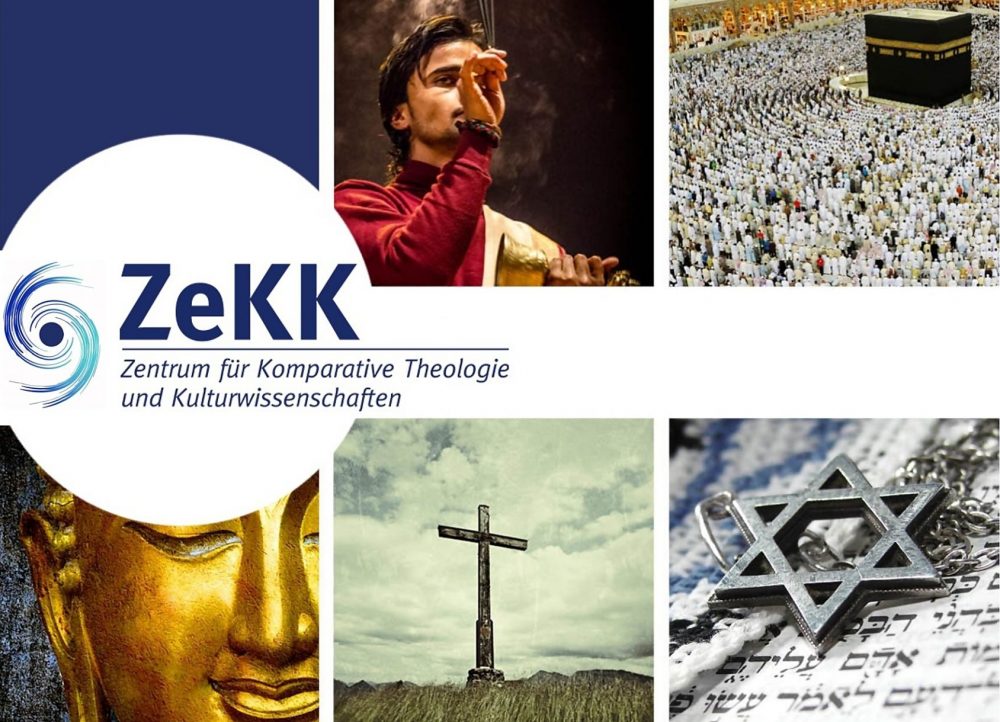It recently dawned on me that God and I were really quite similar. You might think this claim warrants admission to a psychiatric ward for a suspected diagnosis of narcissistic personality disorder. But consider this: the son of God and I are both capricorns. Does this explain why all capricorns often feel like they are carrying the burdens of others? Of course, as a Muslim, I did also wonder if I might share a star sign with Muhmmad and what that might mean. Sadly, the Prophet (birthday 29 August 570, apparently) was a virgo. Still, I have the solace of knowing that the Prophet and I would be very compatible as spouses. These thoughts were sparked by a chance social encounter with a witch who, despite having never met me and only speaking to me for about twenty minutes, accurately informed me of my astrological and ascendant signs. How exactly does astrology fit into the worlds of religious dogma, new age mysticism, pseudo-science and hard science?
Scholars of religion might scoff at calling Jesus a Capricorn, or Muhammad a virgo. The actual birth dates of these figures are shrouded in obscurity. There are lively controversies in both Christianity and Islam over the real birthdates of their central figures. Many religious believers also dismiss astrology as frivolous, or even worse, as a form of playing at (false) religion. Some sayings of the Prophet also condemn consulting astrologers, fortunetellers and necromancers. Nevertheless, the Islamic tradition is rich with scholars, rulers and ordinary believers investing considerable energies in attempting to learn the secrets of the cosmos by observing patterns in the movement of celestial bodies.
Some contemporary practitioners of astrology also profess atheism and look down at traditional religion with contempt. Yet the conviction that the movement of the planets and the stars influences the course of human lives seems to assume a universe that has an organized, if not providential, structure. If my day, month or year is going to be influenced by the position of the moon or sun in their orbits, this would suggest that the universe is not a random arrangement of disconnected matter. Rather, there is an order, and indeed a non-material connection, between everything that exists. This is also what traditional religions have been saying for millennia.
Scientists might consider themselves above the fray in these disputes. But the boundaries between science and pseudo-science are themselves shifting in light of advances in our understanding. What were once regarded as scientific impossibilities, such as the idea that a particle could act as both a particle and a wave at the same time, are now accepted as scientific truth. Because science is always concerned with undermining its own certainties, it is scientifically impossible to rule out that what is now regarded as pseudo-science, for instance Rupert Sheldrake’s notion of morphic resonance, the idea that there is an extrasensory connection between organisms, might one day be accepted as basic scientific knowledge.
If you are someone who does new year’s resolutions (I don’t see the point myself), consider being more open to things that are dismissed as patently ridiculous, whether by religious believers, scientists or witches. Being open to what is dismissed as absurd is a great way to learn.

Dr. Abdul Rahman Mustafa ist Mitarbeiter am Seminar für Islamische Theologie der Universität Paderborn.
#astrology #science #open-minded
